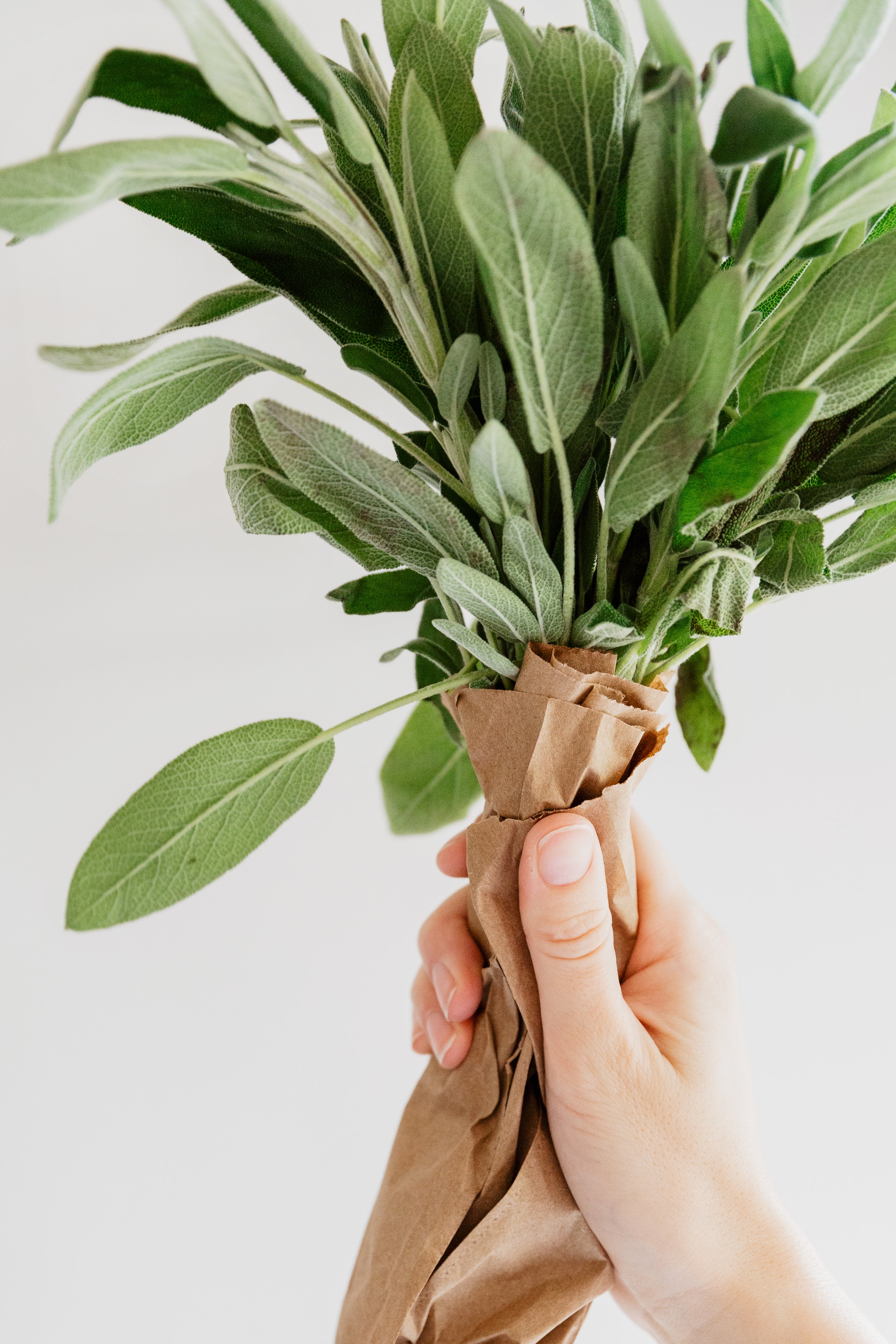“It’s not stress that kills us, it is our reaction to it.” — Hans Selye, the father of stress research.
Modern life is just like running a marathon but on a treadmill. We are sprinting hard but we are not getting anywhere. But still emotional sweating is there from emotional exhaustion. Deadlines. Emails. Notifications. Family group chats. One after another, they stack up like digital Jenga.
So what do we do when meditation apps fail, and stress sets up camp in our nervous system?
Let’s talk about adaptogenic herbs for stress. These aren’t just trendy words you hear in wellness circles. They’re the wise old sages of the botanical world. And today’s spotlight goes to two rockstars: Rhodiola and Ashwagandha. These herbs are ancient. Respected. Researched. And they just might be what your body’s been craving.
What Are Adaptogens?
Adaptogens are basically plants that are helpful to the body in the adaptation of stress. But it is quite different from the consumption of caffeine. They’re not a band-aid. However, we can call them support, which is quiet but long-lasting. They work by regulating the HPA axis (hypothalamus-pituitary-adrenal). It is considered the control center for your stress hormones.
So instead of overreacting to every email or traffic jam, your body finds its balance faster. That’s the magic of adaptogenic herbs for stress. They train your body to respond instead of panic. Like turning down the volume on your internal chaos.
How Adaptogens Work Inside You
Let’s understand it in easy language.
The adrenal glands fill our body with cortisol whenever we are stressed. Great for emergencies. Bad when it happens all day, every day. Too much cortisol leads to a lot of anxiety, fatigue, sleep issues, and even weight gain. Adaptogens are helpful in regulating cortisol. They don’t block it. They teach your system to chill out. Think of them as emotional shock absorbers. They help your body handle the bumps.
Rhodiola: The Energy Booster
Rhodiola rosea grows in the coldest and harshest regions. If this root can survive Siberia, it can handle your Monday morning. Used by Viking warriors, monks, and astronauts, Rhodiola is your go-to for energy without the crash.
Benefits of Rhodiola:
-
Fights physical and mental fatigue.
-
Balances cortisol and adrenaline.
-
Enhances focus, memory, and mood.
-
Great for people who feel “drained” or foggy.
It’s one of the top adaptogenic herbs for energy and stress, especially if burnout has you dragging.
Ashwagandha: The Calming King
Ashwagandha (Withania somnifera) is one of the most powerful roots from Ayurvedic medicine. It’s been really helpful in calming people down and has been used for centuries. Ashwagandha calms you down, whereas Rhodiola lifts you up.
Benefits of Ashwagandha:
-
It lowers the cortisol level.
-
Helps in reducing the anxiety and irritability.
-
Helps in improving sleep quality.
-
It supports immunity and hormonal balance.
Ashwagandha is proven to be the best adaptogenic herb that helps reduceanxiety. You can take it whenever you’re feeling edgy or just need a reset.
Rhodiola vs. Ashwagandha: Who Wins?
They do different things.
What You Need
More energy and focus = Rhodiola
Less anxiety and better sleep = Ashwagandha
Balanced support = Use both.
The best time to use Rhodiola is in the morning for energy and productivity. However, the best time for Ashwagandha is in the evening to unwind. They’re a dream team.
The Science Behind the Chill
These aren’t just herbal legends. Rhodiola has been helpful in:
-
Reducing the symptoms of burnout in one week.
-
Improving mental performance during stressful tasks.
-
Lowering down the physical fatigue in shift workers.
Ashwagandha has been helpful in:
-
Decreasing the cortisol by up to 30%.
-
Improving the sleep and reducing the anxiety in clinical trials.
-
Enhancing the resilience to stress over time.
Modern science finally caught up to what ancient cultures knew all along.
Adaptogenic Herb Supplements: What to Look For
Herbs are great, but we don’t all have time to steep roots or forage in forests. That’s where supplements come in.
A good adaptogenic herb supplement should be
-
Organic and non-GMO
-
Third-party tested
-
No fillers or artificial colors
-
No weird additives
Consistency is key, no matter if you are selecting capsules, powders, or tinctures. The best way is to consume it daily, and it will start working in some time.
More Adaptogens Worth Knowing
Here’s a quick adaptogen herb list if you want to expand your herbal toolkit:
-
Holy Basil (Tulsi): It helps in calming and immune-supporting
-
Maca: It lifts mood and gives hormone support.
-
Panax Ginseng: It improves the focus and performance.
-
Schisandra: It helps in detox and beauty support.
-
Eleuthero (Siberian Ginseng): It supports physical endurance.
-
Licorice Root: It provides adrenal support.
You can use them alone, or you can also mix them with something of your choice. It depends on your body and your goals.
Are Adaptogens Safe?
These are generally safe. But it is better to talk to your healthcare provider first. Especially if you're on medication, pregnant, or nursing. One thing you must understand is that healing isn't instant. It’s a slow, beautiful return to balance.
Adaptogens in Everyday Life
You don’t have to overhaul your lifestyle to start using adaptogens. Here are some ways to integrate them:
-
Add ashwagandha powder to your evening smoothie.
-
Take rhodiola with your morning coffee (or instead of).
-
Mix a few adaptogens into herbal tea before bed.
-
Carry an adaptogen blend in your work bag for tough days.
Think of it as your personal wellness insurance. Low maintenance, high reward.
Adaptogens and Emotional Intelligence
Interestingly, many users report that adaptogens don’t just reduce physical stress; they increase emotional awareness. Because when you're not constantly in survival mode, you can think and respond better. Adaptogens help create that internal space from which the clarity flows. You make better decisions and feel more in control. You stop snapping at people for no reason. It’s not magic. It’s biochemistry meeting mindfulness.
Real-Life Adaptogen Rituals
You don’t need to live in a forest or follow a 10-step morning routine to benefit from adaptogens. Here’s how people around the world use them in real life:
-
In Sweden, workers take Rhodiola teas so that they can stay sharp in winters.
-
In India, Ashwagandha tonics are common in Ayurvedic morning rituals.
-
In California, biohackers blend multiple adaptogens into smoothie bowls.
These practices aren’t fads. They’re modern echoes of ancestral knowledge.
Final Thoughts
“Between stimulus and response, there is a space. In that space is our power to choose our response.” — Viktor Frankl
Adaptogens don’t block stress. They just help you react with more grace. It gives you more patience. More power. Adaptogens remind us to be more steady in a world that constantly demands more. So if you’re tired of feeling like a mess, maybe it’s time to turn to the plants that have helped humans cope for millennia. Because sometimes the best way forward is back to nature.
FAQ
It boosts energy and sharpens focus and endurance. It also helps the mind and body to reduce stress levels.






0 comments